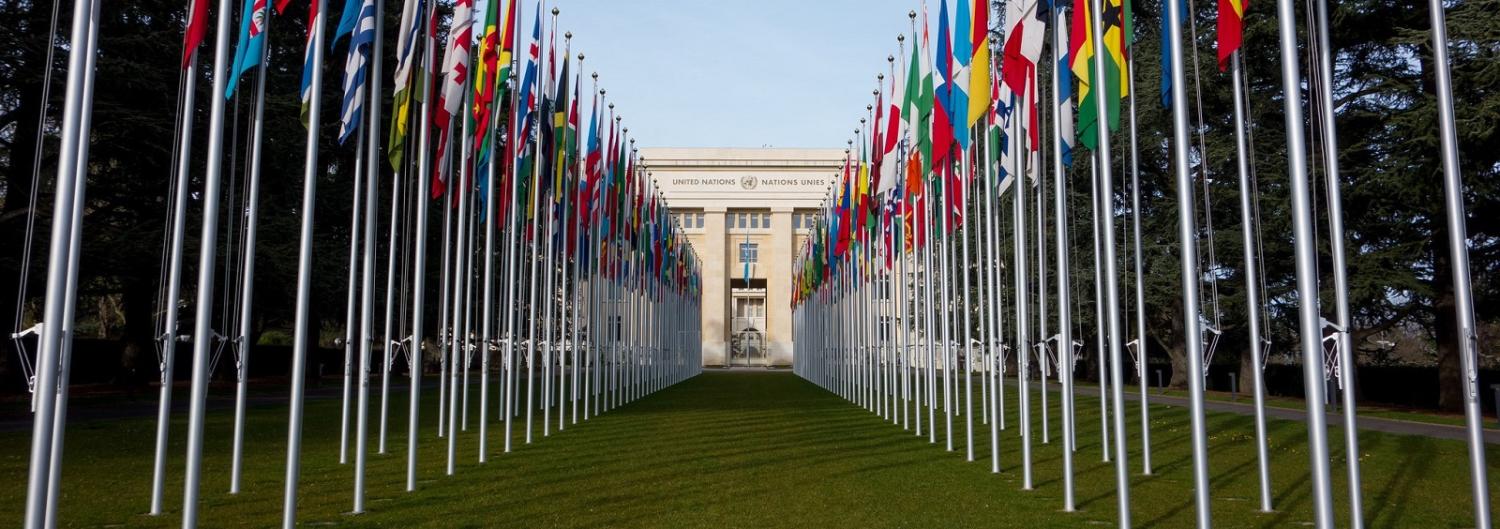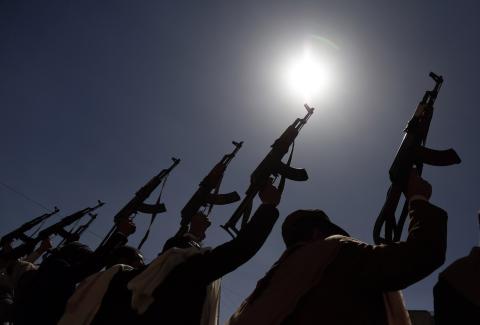Around every five years the world takes a crash course in UN politics when the top job threatens to change hands. With Ban Ki-moon's second term finishing on 31 December 2016, and individuals traditionally limited to two terms, the race to be the next secretary-general was on earnest.
At The Interpreter we were fortunate to have an experienced UN watcher, Sarah Frankel, calling the field. First she took us through some of the intricacies.
UN member states continue to debate the value of geographic diversity and the much-touted concept of a regional rotation for the SG post. Neither is mentioned in the UN Charter, and the actual timeline of SG terms doesn't establish a clear pattern of rotation. Furthermore, the history of candidates considered from various regions during most races suggests that regional rotation is not as entrenched as political commentators might make it seem. On the other hand, UN General Assembly resolutions have referenced geographical balance, and the perception of an informal regional rotation continues to resonate with many UN member states. Regional groups, sometimes with the support of P5 members, have succeeded in establishing a sense of inevitability around their candidates in the past. The Eastern European Group, the only UN regional group that hasn't held the SG post, has Russia's support and has made remarkable progress in building consensus around the idea that it's Eastern Europe's turn this time around.
Frankel went on to provide a close reading of some of the front runners, analyse the results of the second and third straw polls and, when the Australian government refused to back former PM Kevin Rudd's tilt at the job, to conclude, rightly as it turned out, that the snub would probably be the end of the line for Rudd's SG ambitions.
While Rudd wouldn’t need his country’s diplomatic or financial backing in the same way that a less well-known candidate from a smaller country would, the more important question is whether member states would be willing to go against Australia to support him. In the highly politicised and sovereignty-oriented UN world, member states are likely to be concerned about the perception that they were ignoring Australia’s assessment of Rudd as unsuitable for the position, especially if it raises any concerns about their bilateral relationships with Australia.
Our coverage also featured a cameos from Richard Cowan who had a ringside seat in New York when the nine candidates for the job addressed the General Assembly in a kind of panel interview on steroids. Cowan found these appearances were 'unexpectedly lively, at least by the moribund standards of UN debates' and noted quite a few candidates 'found ways to capture attention.' Among those who stood out was Antonio Guterres:
Portugal's Guterres, who ran the UN refugee agency after leaving domestic politics, was witty. He promised to rid the UN of acronyms, which is a bit like pledging to rid Australia of kangaroos – it would destroy its global brand.
Closer to home, a former New Zealand diplomat Ken Ross wondered why his nation's candidate former PM Helen Clark wasn't do better:
Why Helen Clark, the most popular of the candidates immediately following their General Assembly (GA) appearances – and the preferred prospect of United Nations staff according to a recent poll – remains at the rear of the main bunch has puzzled many. The reason probably lies in the dynamics of her 15 July interview with the Security Council.
In the end, we knew who was going to be the next SG sooner than expected when Antonio Guterres, the front runner throughout the polling process, was confirmed straight up by the Security Council and the P-5. Peter Nadin noted that while many observers 'will be suffering whiplash' after the unexpected speedy resolution, the Guterres appointment will be welcomed by many at UN headquatrers in New York's Turtle Bay.
Overall, there is a sense of relief that arguably the best candidate in the field has been selected by way of the most contentious diplomatic process ever conceived. Now António Guterres faces the unenviable task of managing the UN – otherwise known as the world's most impossible job.
Photo courtesy of Flickr user Falcon Phography

